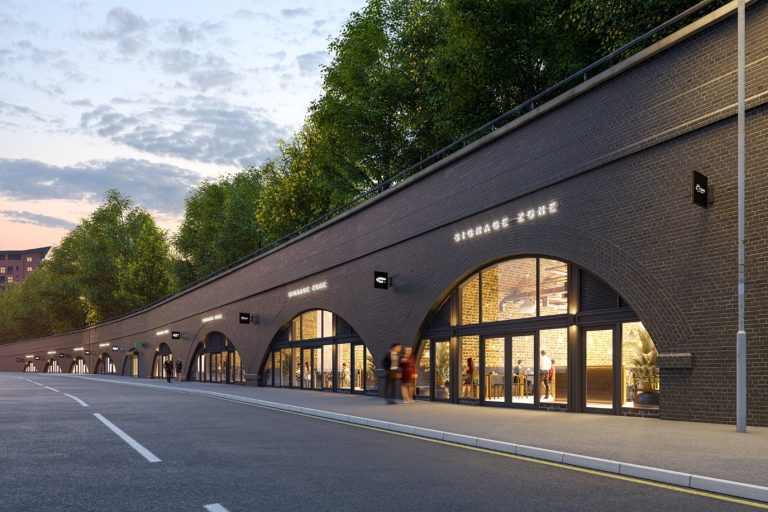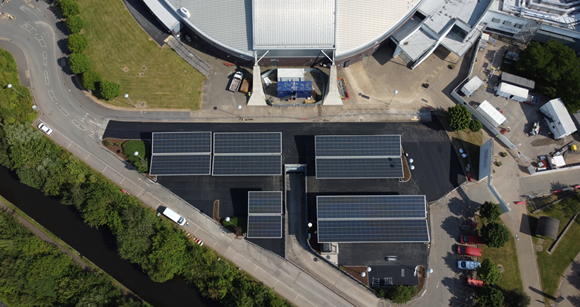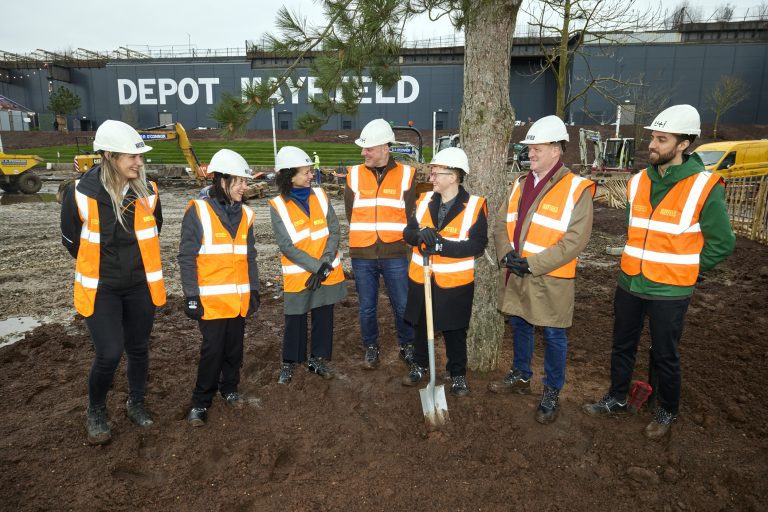MANCHESTER City Council has granted planning permission for the redevelopment of ten derelict railway arches on Corporation Street in Manchester. Located on one of the key links between the city centre and the Victoria North regeneration area, the Corporation Street arches will be transformed by The Arch Company, following multi-disciplinary services provided on-site by property, infrastructure and construction consultancy Pick Everard. The railway arches are to become new destinations for food and drink, leisure and retail businesses to occupy. This will include new glazed frontages, new services and drainage and internal lining to make the accommodation dry and ready for new businesses to occupy. The design incorporates high-quality materials that will restore an attractive appearance to the elevations on Corporation Street, creating a ‘street’ of arches that will appeal to potential tenants in the current marketplace. Pick Everard provided structural, civil, mechanical and electrical services on the site, working in close collaboration with partners such as Stephen George + Partners. Santosh Patel, strategic account director at Pick Everard, said:“Manchester is famously proud of its industrial heritage, and this project not only maintains and celebrates that history, but rejuvenates it in an exciting and innovative way to bring added social value to the city’s modern landscape and its residents. “Seeing this project to completion will bring a new offering to Manchester, further regenerating its town centre in a way that makes sense within its larger community. The new spaces present a great opportunity for independent retail, restaurant, and other leisure businesses to develop in an area that will grow and thrive with them.” The design of the new arches has sought to overcome a number of technical, environmental and planning constraints that are inherent within existing urban infrastructure of this type. There are, for example, substantial level differences from the front to the rear of many of the units, which have required both the creation of new slab levels and ramps to ensure full accessibility. As the rear of the units back onto the River Irk, their layout has required clever design to orient them to the front, with elevations to include fire door escape and flexibility for mechanical system and ventilation provision via louvred or knock-out panels in the frame. Alan Soper, studio director at SGP, said: “By any standards, arches are not a ‘normal’ building type and each can differ considerably in height, depth and shape; realising the potential of these previously overlooked spaces takes experience and good technical know-how if we are to refurbish them to modern occupancy standards. “Our previous experience with old, historic or Listed properties, and the ability to work within the existing building fabric, has proved invaluable in realising some of these schemes, as too has our technical knowledge of building regulations, particularly in relation to ventilation and fire security.” Corporation Street is the latest arch scheme in Greater Manchester on which SGP has been working with The Arch Company. It joins previously approved plans to turn ten neglected railway arches in Norton Street, Salford, into a thriving hub of bars, restaurants and cafes. The arches are located in Greengate, an area of the city currently experiencing a period of intensive development activity and growth. Both the Manchester and the Salford projects form part of Project 1000, The Arch Company’s £200m plan to bring a thousand empty or derelict spaces into use across England and Wales by 2030. Corporation Street and Norton Street are just two of over ten such projects for which SGP has been commissioned to develop designs. In London, four of SGP’s schemes have already received consent – Witan Street, America Street, Salamanca Street and Crucifix Lane. Alan added: “We are delighted to be working with The Arch Company on their ambitious programme, bringing these derelict arches back to life so that they can be appreciated and used by a new generation. “If refurbished correctly, they present a long-term, sustainable solution to the economic vitality of our towns and cities, where a diverse mix of businesses can thrive, local employment is boosted and communities are transformed.” For more information on Pick Everard, visit https://www.pickeverard.co.uk/. Building, Design & Construction Magazine | The Choice of Industry Professionals







